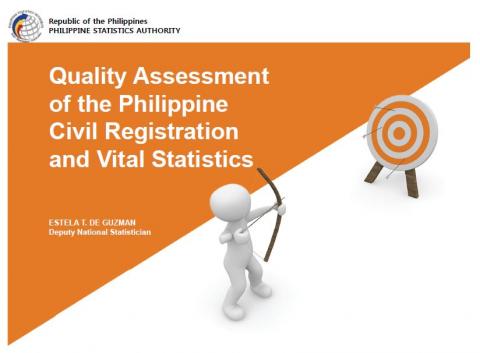Road related deaths and the need for better CRVS
Road traffic accidents and injuries are an important cause of premature deaths in the Pacific Islands, but are often poorly recorded in our cause of death data.
|
The CRVS community in Asia and the Pacific has reflected on where it stands at the midpoint of the CRVS Decade (2015-2024) during the Second Ministerial Conference. Following this celebration of progress, many of our partners and member countries are leading actions to fill the remaining gaps. To learn more about CRVS in Asia and the Pacific, please subscribe to our newsletter, which offers a monthly panorama of CRVS actions throughout the region Previous editions can be found here. |
Road traffic accidents and injuries are an important cause of premature deaths in the Pacific Islands, but are often poorly recorded in our cause of death data.
In order to facilitate country-level access to technical expertise and assistance for strengthening CRVS systems, the Centre of Excellence launched a call for expressions of interest to invite professionals to apply for inclusion in a directory of experts. They are looking for mid-level and senior professionals with expertise and experience in one/several of the following fields: civil registration and vital statistics, public health, social and behavior change, law, digitization, statistics.
The resident registration system of Korea has been digitalised since 1994. The system enables people to process their requests and all related transactions 24 hours a day through the internet. This makes registration much more convenient and reduce paper work and cost overall.
This video gives and overview of the establishment of the system and the key features.
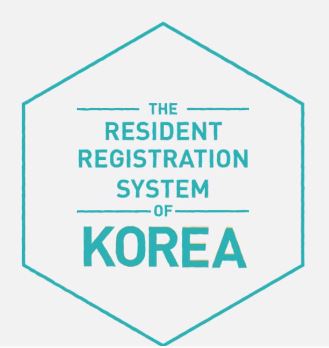
Over the years, the Nordic NSIs have presented a number of reports on producing statistics based on administrative sources. The purpose of the present report is to collect all main experiences in one document. The experiences in the Nordic countries are very similar, so it is possible to describe some "best practices" common to all countries. However, some examples from single countries are presented, and comparisons between countries are given when relevant.
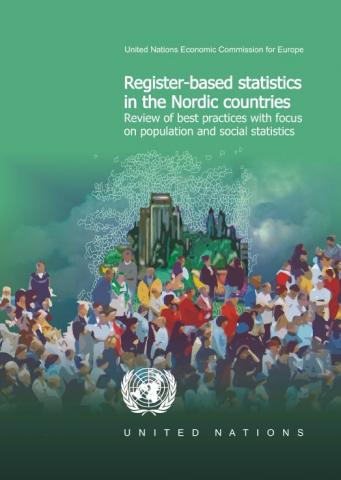
Register data on maternal deaths is adjusted in international reports to account for underreporting; however, there has been controversy around these adjustments. The objective of this article is to review the adjustment factors applied to maternal mortality register data. A literature review provided 72 studies on underreporting showing differences in the definition of maternal mortality. This has not previously been taken into account when calculating average adjustment factors.
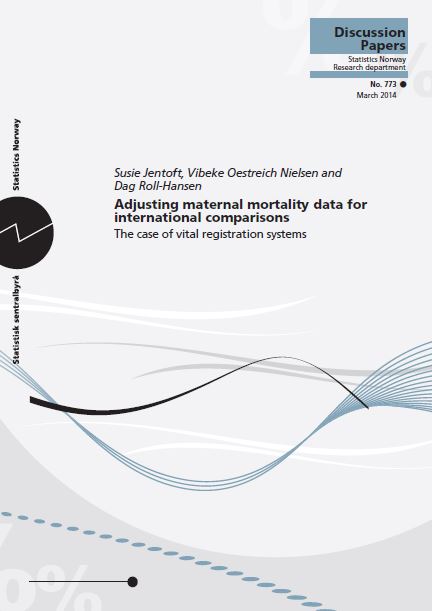
Births are registered and birth data are collected in China by different government departments, and the completeness and quality of birth data are heavily affected by the one-child policy irrespective of the involving departments. In this paper, data from population census, primary school enrollment and household registration system are used to assess the completeness of birth registration in China by employing three types of methods—linear regression, Brass /PF ratio method, and Preston integrated approach. The three types of estimation derived from multiple data are highly consistent.
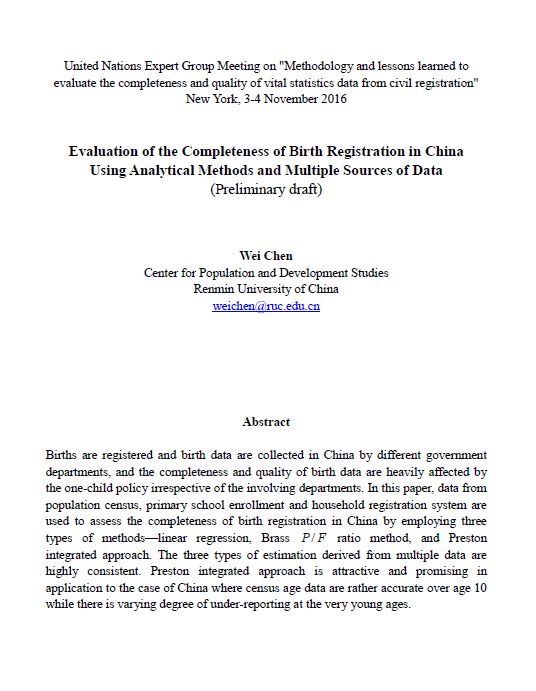
In 2015, world leaders agreed the 2030 Agenda for Sustainable Development (Agenda 2030). Its goal is to end poverty in all its forms everywhere, with a specific target to eradicate extreme poverty by 2030 and a commitment to leave no one behind. Achieving these ambitions will be much harder than meeting the Millennium Development Goals. It will require a different mindset, and new ways of measuring and monitoring progress.
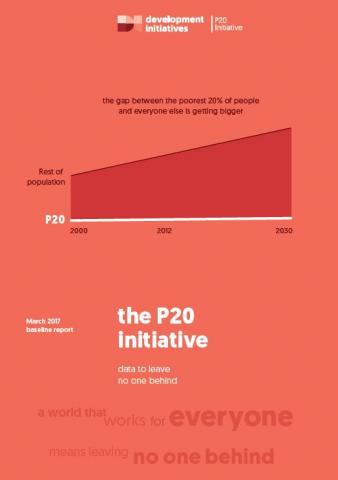
Australian National University's presentation made at the Expert Group Meeting on "Methodology and lessons learned to evaluate the completeness and quality of vital statistics data from civil registration“, New York, 3‐4 November 2016.
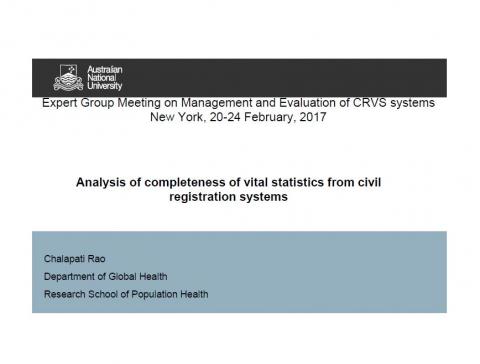
Statistics Norway's presentation made at the Expert Group Meeting on "Methodology and lessons learned to evaluate the completeness and quality of vital statistics data from civil registration“, New York, 3‐4 November 2016.
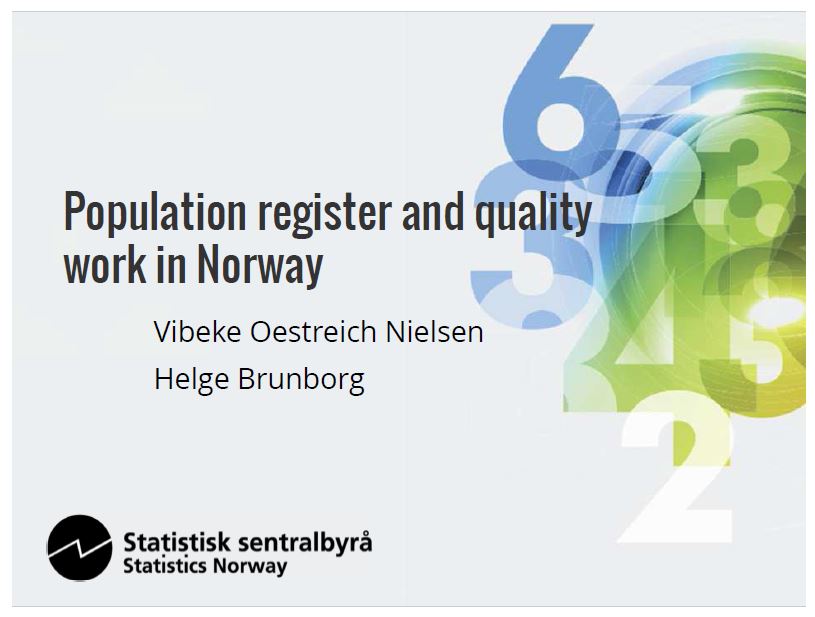
The Philippine Statistics Authority's presentation made at the Expert Group Meeting on "Methodology and lessons learned to evaluate the completeness and quality of vital statistics data from civil registration“, New York, 3‐4 November 2016.
